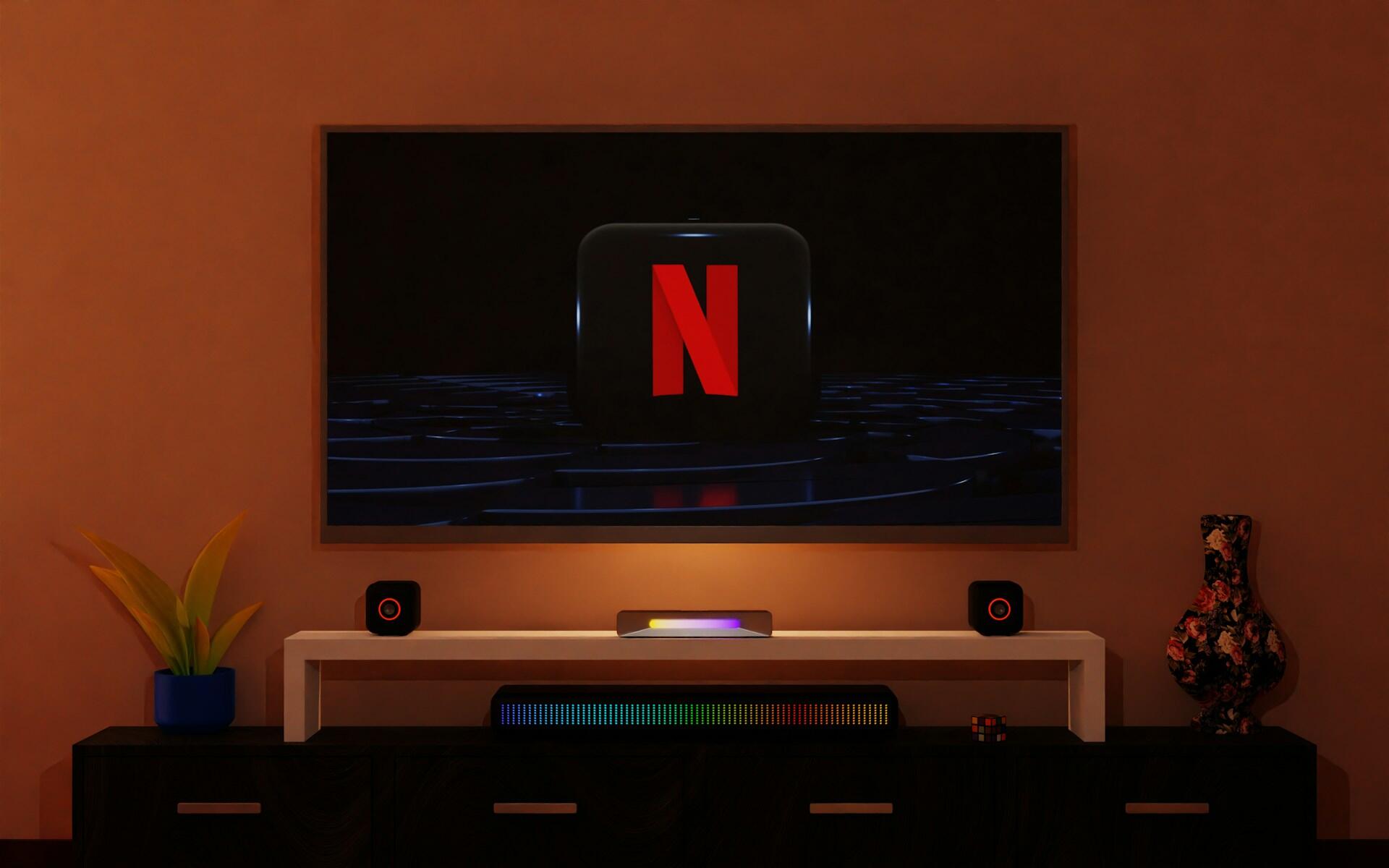Languages are the product of the people who speak them, and the English language is no exception. The vocabulary we've included in this list generally originates from cultural products like movies, TV shows, sports, the internet, social media and the culture that surrounds them. After all, many of these terms are examples of contemporary slang terms, and while many of them are in common usage, they're not for every possible situation. Here are some of our favourite terms that entered the English lexicon through popular culture. Anyone learning English, especially those from the younger generation, might be interested in learning these terms.
Language is the dress of thought.
Samuel Johnson, English writer and lexicographer

Pop Culture Words List from the Millennials
Millennials grew up during the rise of the internet, social media and 24/7 entertainment. Their slang reflects that era. Their vocabulary is rooted in early online forums, meme culture and evolving lifestyle trends. Many of these terms gained popularity through TV shows, YouTube and the first waves of viral content. This generation helped shape how informal language is used online and in everyday conversation. Here is our top 15 !
1. Adulting
Refers to doing grown-up tasks like paying bills or making appointments; popularised in blogs and early social media. The term is often used humorously to describe mundane responsibilities. It reflects the delayed milestones common among Millennials (like moving out or home ownership). Many use it to express pride in managing responsibilities that once seemed daunting.
2. Bae
The term “bae” is generally used to refer to somebody's boyfriend, girlfriend, or partner. It's essentially a shortened form of “baby” or “babe”, which is also used as a term of endearment. Some sources suggest that it's an acronym BAE standing for “before anyone else”, but there's little evidence to support this claim. Not one of the newest terms, “bae” has likely been used for over 20 years, but is still quite commonly used.
3. BFF
BFF is an acronym that stands for “best friend(s) forever” and is an alternative to “best friend”.

It's believed the term was originally used in the 1980s, popularised in the 1990s, and is still used today. A great resource for learning is YouTube! It is a platform full of diverse educational videos in English and available to all. Talking about watching videos... here is out next term!
4. Binge-watch
Due to streaming platforms like Netflix and online video platforms like YouTube, many people's viewing habits have completely changed. In the past, when TV shows were usually released on a weekly schedule, viewers would have to wait for the next episode, but many streaming platforms make entire seasons of shows available at once, allowing viewers to watch multiple episodes in quick succession.

The term “binge-watch” refers to the action of watching multiple episodes or instances of a TV show or a series of movies in a single sitting. Binge-watching was something that became popular and possible with DVDs that often included an entire season of TV shows, but the widespread availability of content through streaming services popularised both the activity and the subsequent terminology.
5. Clickbait
In online culture, "clickbait" refers to content with little substance that aims to get people to click under largely false pretences. Clickbait usually relies on exaggeration or even lies to get users to visit a page or site, while the content is ultimately misleading or underwhelming.
6. Cringe
Originally used to describe secondhand embarrassment, especially for awkward online content. "Cringe" content often goes viral for how uncomfortable or outdated it appears. It's commonly used to judge tone-deaf posts or attempts to be trendy. The opposite of cringe in Gen Z slang is sometimes referred to as “based” or “unbothered”.
7. Fail
The term “fail” as a verb has existed in the English language for centuries, but the usage of “fail” as a noun (rather than the more traditional noun form “failure”) is quite modern. The term “fail” as a noun in the modern sense is often and famously paired with the adjective “epic”.
8. Frenemy
A blend of “friend” and “enemy,” referring to someone who pretends to be a friend but acts like a rival. Frenemies often appear supportive while secretly undermining others. This term became especially popular through reality TV and teen dramas. Navigating frenemies is a common theme in school and workplace social dynamics.
9. Friendzone
Describes a situation where one person wants a romantic relationship and the other does not, keeping it platonic. It's often used in dating conversations to describe unreciprocated feelings. Some criticise the term for implying entitlement to romance after friendship. Despite this, it's still widely used in casual conversations and memes. Here is a scene from the show Friends showcasing the term "friendzone" on YouTube!
10. GOAT
While the word "goat" obviously refers to the animal, in sports, the acronym GOAT stands for the "greatest of all time" but is pronounced exactly the same as the animal. You'll see this term being used in sporting communities and in endless debates surrounding players in almost every sport.
11. Mashup
The term mashup tends to refer to the combining of different things. In music, it refers to two tracks or songs being combined to create something new.
12. Meme
The idea of memes was first suggested in the 1970s by the author Richard Dawkins, but was popularised in the age of the internet. Defined as transferable cultural elements, social media made memes repeatable and adaptable images, videos, or jokes. The term meme can be used as a noun to refer to a cultural product or as a verb meaning to make a meme. While memes aren't the best way to learn English, you can learn English through social media!
The word “meme” was first coined by scientist Richard Dawkins in his 1976 book The Selfish Gene! He used it to describe how ideas and behaviours spread through culture — just like genes do in biology. Today, memes have evolved into one of the internet’s favourite forms of communication.
13. Reboot
In the world of IT and computing, a reboot is the term for restarting a device or system, but in popular culture, it refers to the renewal of a cultural product, such as a film or TV series. Generally, a reboot is when movies or TV shows are renewed with different actors and a different direction, while often revisiting the same parts of the story. A reboot is not to be confused with a “revival”, where a TV show or movie is brought back after some time, but the events of the original are still considered to have happened.
14. Throwback
Commonly seen in “#ThrowbackThursday” posts, referencing nostalgia or past memories. It often includes old photos, music or stories shared on social media. The term evokes a sense of longing for simpler or more joyful times. Throwbacks are a core part of social media culture for sharing personal history.
15. YOLO
YOLO is an acronym for “you only live once” and while it was hugely popular around a decade ago, it's not a term that we hear as often as in its heyday. Generally, YOLO is used to suggest that the speaker is doing something enjoyable that might be unwise or even dangerous.
🧑💻 Millennial Vocabulary – Pop Language Examples
- Adulting – “I hate adulting — why is laundry never-ending?”
- Bae – “Going to the beach with bae this weekend!”
- BFF – “Me and my BFF have known each other since kindergarten.”
- Binge-watch – “We binge-watched the entire season of Stranger Things last night.”
- Clickbait – “That title was total clickbait — the article had nothing to do with it.”
- Cringe – “That awkward dance video was so cringe I couldn’t even finish it.”
- Fail – “He tripped on stage — epic fail!”
- Frenemy – “She compliments you and then talks behind your back — classic frenemy.”
- Friendzone – “I asked her out, but she said I’m like a brother. Friendzoned again.”
- GOAT – “LeBron James might just be the GOAT.”
- Mashup – “That DJ made a mashup of Queen and Kanye that totally worked.”
- Meme – “Have you seen the new SpongeBob meme? It’s hilarious!”
- Reboot – “They’re doing a reboot of The Office with a new cast.”
- Throwback – “Throwback to our 2010 beach trip — what a summer!”
- YOLO – “I booked the trip to Thailand — YOLO!”
The Gen Z's Pop Culture Language Examples
Gen Z is the first generation to grow up entirely in the digital age, where trends emerge and fade at lightning speed. Their slang is driven by TikTok, gaming culture and hyper-connected online communities. These terms often carry humour, irony or commentary. They reflect Gen Z's creative, expressive and communication style. Understanding their vocabulary means understanding how they shape and reflect modern pop culture.
1. Bingeable
Relating to binge-watch, bingeable is an adjective that refers to content that lends itself to being binge-watched but since watching TV and movies is a great way to learn English, we wouldn't judge any English students too harshly for watching an entire season in one evening.
2. Facepalm
Both the noun and verb "facepalm" refer to the action of putting one's palm onto one's face in reaction to embarrassment, shock, awkwardness, etc. It can refer to the reaction to one's own actions or the reaction to something somebody witnesses. In this video, the slang word is explained at 3:13 minutes !
3. FOMO
Acronyms are popular in pop culture vocabulary and FOMO is no exception. It stands for "fear of missing out" and is used as a noun. In common usage, the term is something that the user suffers from or experiences.
4. Ghosting
The term ghosting refers to a behaviour whereby a person stops contacting another person without any seemingly obvious reason. The term is often used in the world of dating (both online and offline) but can also refer to non-romantic relationships. There are also the terms "simmering" and "icing" to refer to the same thing.

5. No Cap
Means “no lie” or “I’m being serious”; often used to emphasise honesty or realness. Often used at the end of statements to show authenticity or emotional truth. The opposite of “no cap” is “cap,” which means a lie or exaggeration. It’s especially popular on TikTok, Twitter, and in gaming communities.
6. NPC
Refers to someone acting robotically or without individuality, like a non-playable character in a video game. Calling someone an NPC implies they follow trends blindly or lack self-awareness. This term is often used humorously or mockingly in online commentary. It's part of a broader meme culture that blends gaming language with social critique.
7. On point
In informal speech, the expression “on point” generally means good, attractive, or stylish, especially when referring to clothing, fashion, and styles.
While slang terms are often fun and interesting, they're not suitable for every situation. Ask a tutor or teacher about when it's appropriate to use them.
8. Rizz
Short for charisma; often used to describe someone’s flirting skills or charm. Someone with “unspoken rizz” can attract others effortlessly without trying. The term is heavily used in TikTok culture and Gen Z dating lingo. "Rizz" has become a compliment for natural charm, especially in social situations.
9. Salty
The English language has a long relationship with using sensory terms for emotions. The idea of "sweet", "bitter", and "sour" has been used for quite some time, but this usage of "salty" is a more recent development. In modern usage, the term "salty" refers to somebody being jealous, cold, bitter, or passive-aggressive. In video games, it often refers to a sore loser who exhibits the same traits.
10. Slap
The term "to slap" initially referred to hitting something with the palm of your hand or the sound made by such an action. In modern popular culture, something is said to slap if it's very good, particularly songs and music, but it can also be used for other things.

Explore contemporary communication with our online esl classes designed to teach you the most common pop culture vocabulary. From movies to music, social media to slang, we've got you covered. Enroll now to not just learn a language but to understand and engage in the conversations of today's pop culture landscape. Join us in decoding the language of the modern world!
11. Slay
The term slay originally meant to kill violently or to greatly amuse someone. In more modern popular culture, particularly LGBT+ and black female culture, the term refers to doing something excellently, with style, or with confidence, especially when challenging or against prejudice. A person can “slay” but the term can also be used in isolation as an exclamation. E.g. “Slay!”.
12. Spoiler
In the past, a spoiler would refer to a part of a plane or a car that redirects air, but in popular culture, it refers to information or knowledge that would ruin the experience for a person experiencing media such as TV shows, movies, books, and even video games.

In many cases, a spoiler is the revelation of key information to the plot of something so that another person wouldn't be able to fully enjoy the experience the first time of watching or listening. Spoilers have become so commonplace in popular culture that people will even state “spoiler alert” before they say something that could potentially ruin (or spoil) the experience of a cultural product for somebody else.
13. Stan
The term “stan” is used both as a noun and a verb in English to refer to a zealous fan or supporter of somebody, usually a celebrity. The verb “to stan” means to be supportive of said person or group. The term originated from the 2000 Eminem song “Stan” which talks about an obsessive fan of the artist whose fandom takes him to excessive lengths. In contemporary usage, the term isn't as dark as the song.
14. Troll
In internet culture, the verb "to troll" refers to the action of purposefully antagonising users on social media and online through inflammatory comments and behaviours. A person who engages in such behaviours is also referred to as a "troll".
15. Yas
“Yas”, “Yasss”, and other spellings are an affirmation that comes from “yes”. The term is often used in the LGBT+ community and paired with the term “queen”. The terms “yassify” and “yassification” refer to the process of making something more LGBT+ adjacent or adding too many beauty filters to photos.
📱 Gen Z Vocabulary – Examples of Pop Culture Phrases
- Bingeable – “That show is so bingeable, I watched the whole thing in one night.”
- Facepalm – “He asked what day Christmas is. Facepalm.”
- FOMO – “Everyone’s at the party and I’m stuck working — FOMO is real.”
- Ghosting – “We went on two great dates, then she ghosted me.”
- No cap – “That movie was the best I’ve seen this year, no cap.”
- NPC – “He repeats everything he hears online — total NPC energy.”
- On point – “Her makeup is on point today!”
- Rizz – “He’s got crazy rizz — every girl at the party was into him.”
- Salty – “He got salty when I beat him in Mario Kart.”
- Slap – “That new Kendrick track slaps!”
- Slay – “You slayed that presentation — well done!”
- Spoiler – “Don’t tell me what happens — I hate spoilers!”
- Stan – “I totally stan Beyoncé — she can do no wrong.”
- Troll – “Ignore the trolls — they just want attention.”
- Yas – “Yas queen! You crushed it!”
Learn Slang Vocabulary with Superprof
Most of these words are known in American English, but their usage should be based on who you're speaking to and the context of your conversation. By hiring a private English tutor on Superprof, you're in control of what you learn and how you learn. Your tutor can tailor every minute of every session to you. With many tutors offering the first session for free, you can also try a few different ones out before finding the right one. Unlock the language of the streets and social interactions with our esl classes for adults tailored to teach you the vibrant world of slang vocabulary. Join us to pick up the latest expressions, colloquialisms, and street-smart language, ensuring you navigate real-life conversations with ease and authenticity. Enrol now to master the art of informal communication and truly connect with English speakers in any setting!
Summarise with AI:















